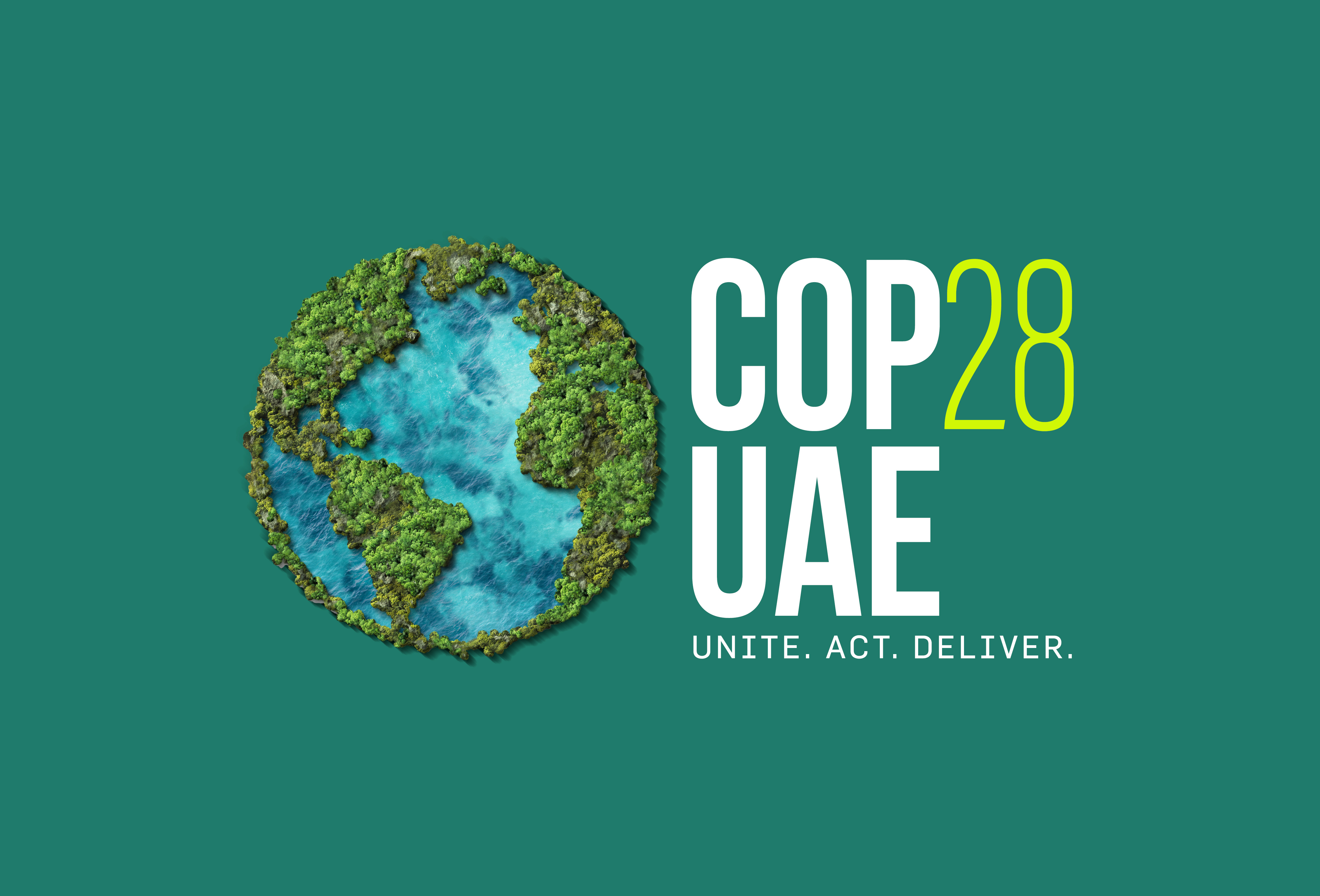
After two weeks, COP28 came to a close yesterday (12 December). Mired in controversy, the summit nonetheless produced a joint statement from attending nations, in addition to greater coverage of global trade’s role in the move to net zero.
COP28 statement
The final day of COP yielded a joint statement outlining nations’ commitment to tackling climate change along with new targets, the Independent reports.
After much speculation about the wording of the statement, in particular whether countries would agree to “phase out” the use of fossil fuels altogether, the text has been met, by some, with disappointment.
The ’Global Stocktake Agreement‘ outlines the need for a “transition away” from oil, gas and coal throughout the decade, which has been seen as landmark achievement – the first time a COP28 statement has directly called for a reduction in fossil fuel consumption.
However, some have interpreted this as analogous to the lesser “phase down” approach pushed by oil-producing nations, such as the hosts, United Arab Emirates (UAE).
Sentiment towards this year’s hosts haven’t been helped by controversies surrounding conference president Sultan Al-Jaber, who, has been reported to have been using his position to lobby world leaders on behalf of the UAE’s national oil company – which he’s also president of. He also raised questions over the scientific evidence supporting the need for a fossil fuel “phase out”.
Al Jaber said that countries at the summit had “set the right direction” for the future, however.
Other pledges
As is often the case following COP statement releases, criticism was levied at the text for acknowledging problems without setting actions required to resolve them.
This was the case regarding the arguments for changes to the funding given by wealthier nations to poorer ones that are disproportionately affected by climate change. The need for greater sums was included without stipulations about how much needs to be sent or when, critics argued.
John Silk, the delegate for the Pacific Marshall Islands, was one of many island nations to criticise the text, comparing it to a canoe with a “with a weak and leaky hull, full of holes. Yet, we have to put it into the water because we have no other option”.
Green subsidies
World Trade Organization (WTO) director general Ngozi Okonjo-Iweala told the Guardian that countries not currently considering trade policy as part of their net zero strategy need to “wake up”.
Highlighting how existing tariff and subsidy measures tend to favour polluting products and industries over their green counterparts, she advocated for countries to reconsider their trade policy in order to minimise emissions.
She suggested examining practices in the automotive industry, in which import tariffs on second-hand petrol cars are typically lower than electric or hybrid vehicles, as well as government reviews of public procurement, given that this equates to 13% of global GDP but is rarely considered through an environmental lens.
“We are saying to our members and to the public, this is such a powerful amount of money, could you please use green tenders when you’re trying to purchase government goods and services?”
Her comments follow COP’s inaugural ‘Trade Day’ last week (4 December), which highlighted how trade could help alleviate emissions and meet climate targets, as well as be more inclusive for under-represented groups, like women and those from developing nations.



